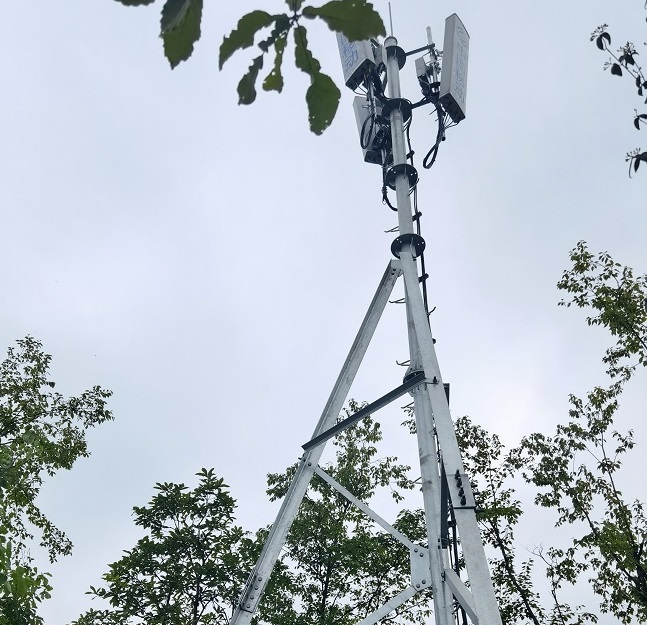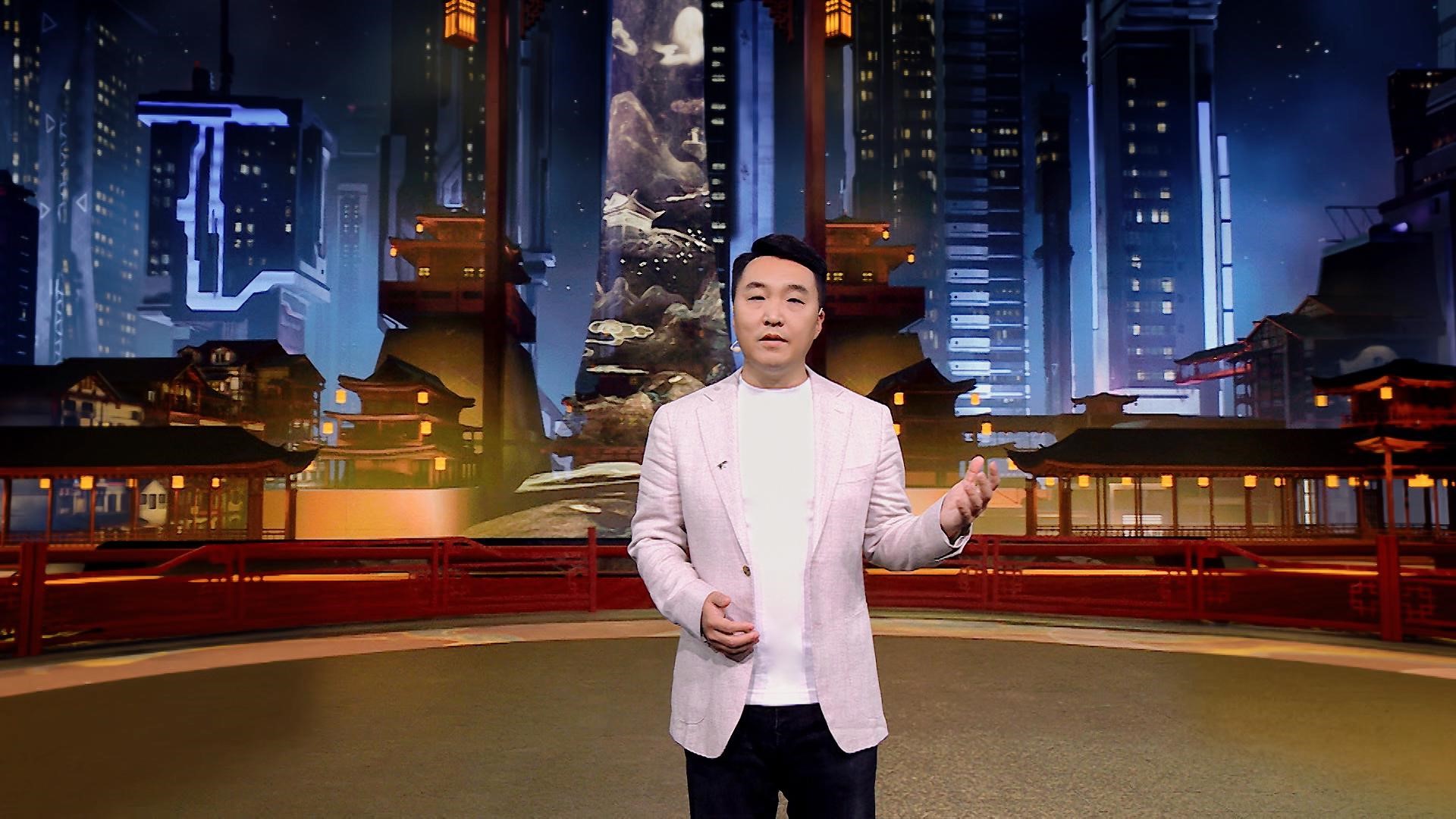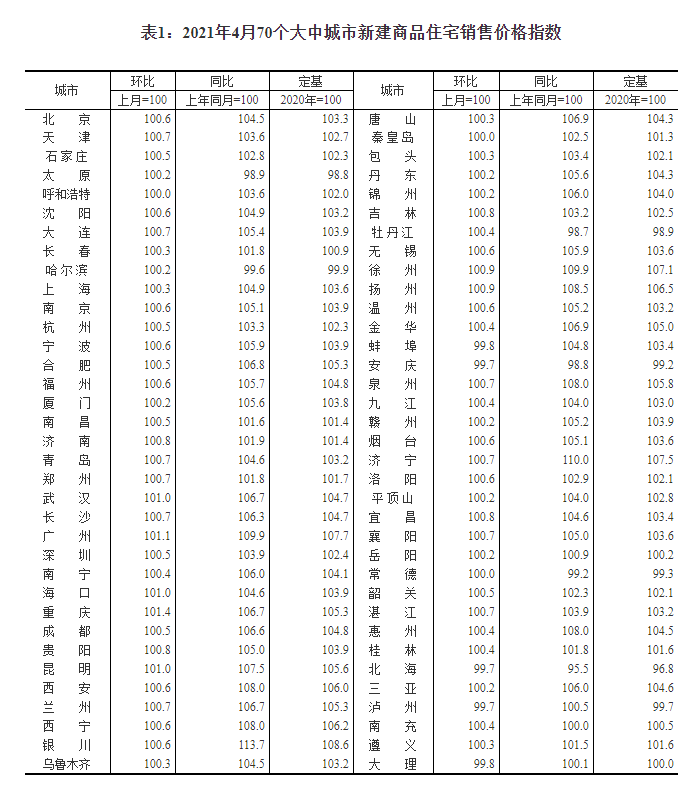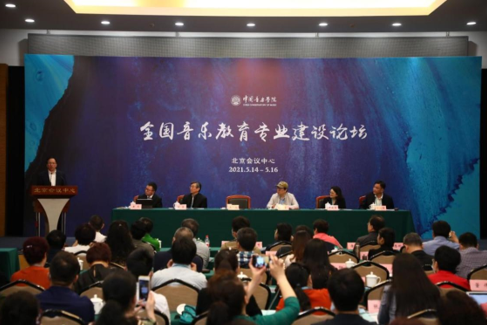BEIJING, March 23 (TMTPOST)— The Hong Kong-listed shares of ZTE Corporation surged as much as over 60% at midday, and shares listed in Shenzhen jumped by their about 10% daily limit after the Chinese telecom giant announced a big surprise that effectively ends a five-year probation for violating the U.S. sanctions.
Source: Visual China
In Wednesday’s early trading, ZTE suspended its shares trading both in Hong Kong and mainland China and disclosed it had received a U.S. district court in Texas’ ruling. A federal judge found to let the company exit a probation period ended on Tuesday as schedule and not to take any further action, despite ruling the company’s violation against U.S. laws for visa fraud. The judge also confirmed some of oversight appointed by U.S. regulators came to an end on the same scheduled day.
The probation came under a deal reached between ZTE and the Donald Trump administration in March, 2017. In order to settle the charge of illegally shipping technology to Iran and North Korea and end the supplier ban, ZTE agreed to pay a fine of $1.19 billion and replace its board of directors and executive team, and allowed the U.S. enforcement officer to monitor its actions inside it. During the probation, the U.S. government suspended to impose a ban on ZTE for importing technologies and others under export control unless there were further violations.
However, ZTE hasn’t removed all the risks yet. Under a settlement with the Bureau of Industry and Security (BIS) of the U.S. Commerce Department in 2018, BIS issued a ten-year denial order to remove ZTE from its Denied Persons List and regain access to U.S. products and components, but the agency could still activate the ban if ZTE in this period committed additional export control violations. The Commerce Department would continue its scrutiny on ZTE until 2028, if the settlement not changed, so ZTE has to fulfill its obligation of report for compliance, which is still hanging like a sword of Damocles over the company, Qian Wenjie, a partner of Beijing-based law firm Gaopeng & Partners, told the Global Times.






